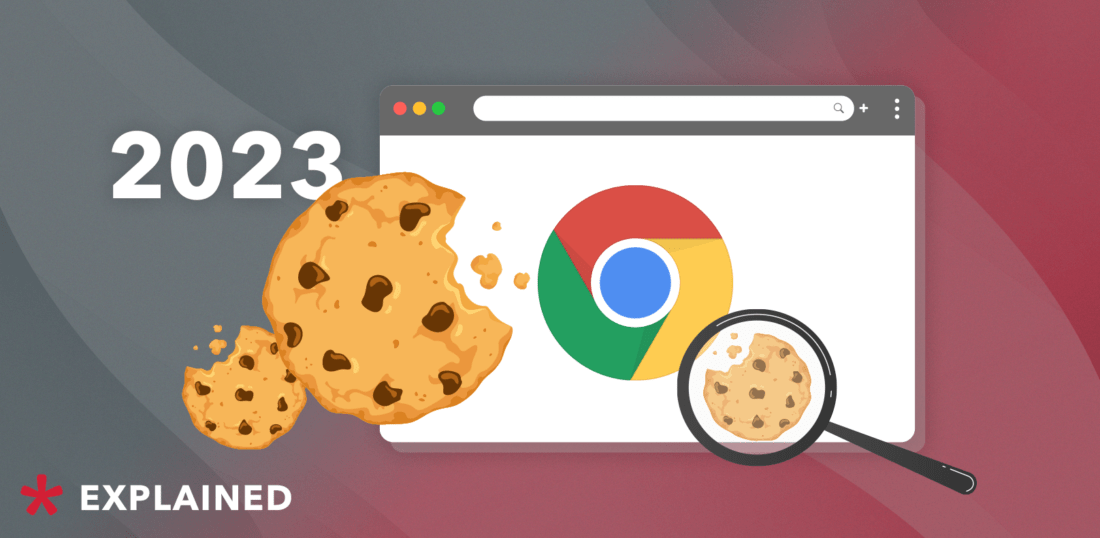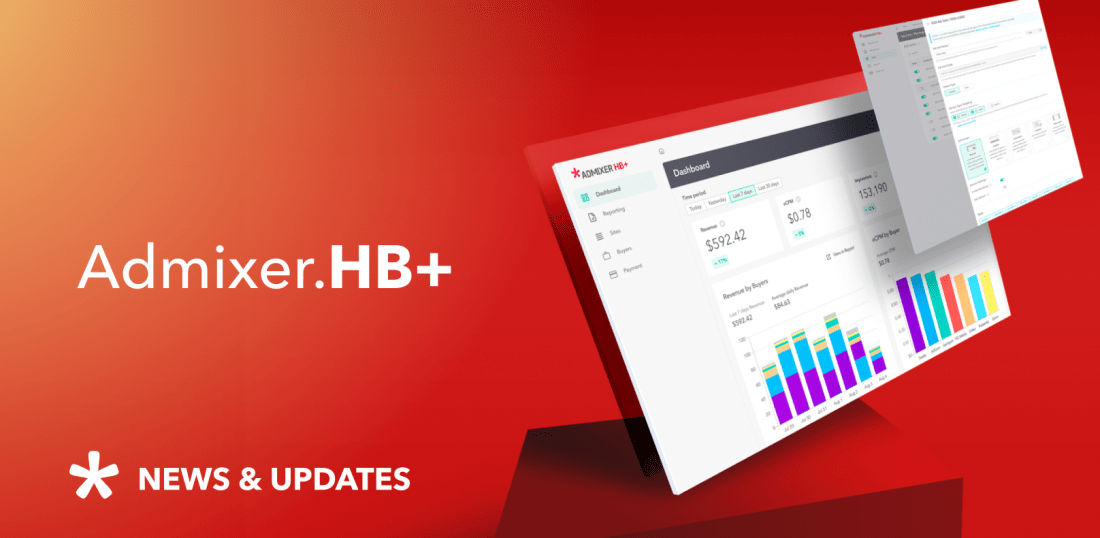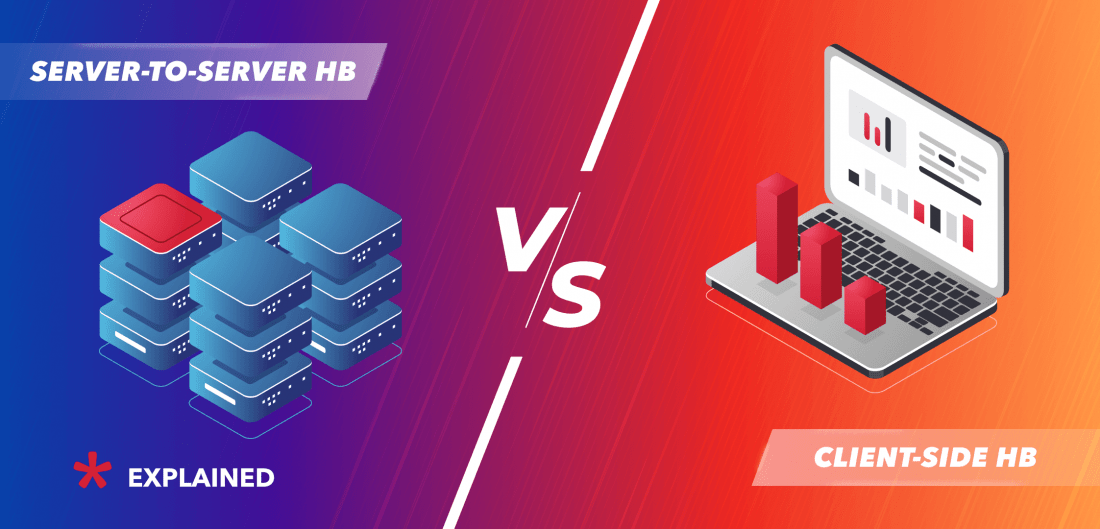
Die Another Day: How Life-Extension of 3P Cookies Will Affect the Industry?
On 24 June 2021, Google once again grabbed the spotlight to announce that it has delayed a major privacy change to its Chrome browser. Google is postponing a plan to block third-party cookies until late 2023.
The official reasoning behind the decision — is the need to test sustainable alternatives that do not violate user privacy and give the market enough time to prepare for such a tectonic shift.
Google first announced its plan to stop supporting 3rd-party cookies in early 2020, and in March this year, they double-downed on this promise and announced that it would neither create nor maintain alternative user IDs. Why such a sudden change of heart?
What has Google proposed as an alternative?
Google rolled out an alternative to cookie-based tracking called FLoC (Federated Learning of Cohorts). FLoC is based on Chrome’s built-in algorithm that tracks which websites users visit and what content they consume to group them into cohorts by interests.
The solution would essentially put people into groups based on similar browsing behaviors, meaning that only “cohort IDs” and not individual user IDs would be used to target them. Since the proposed API is not based on individual user data and framed as a more privacy-compliant solution.
In late March, Google started testing FLOC technology in the United States, Australia, Brazil, Canada, Japan, Indonesia, the Philippines, and New Zealand, to test out the solution and get a preliminary assessment of the functionality of the product and its efficiency.
What went wrong?
The W3C Business Group, a consortium of 136 major ad tech players, even petitioned Google to delay the decision to have more breathing room to prepare for the upcoming changes. FloC also faced a backlash from the privacy advocates and increased scrutiny of government regulators.
A group of U.S. states led by Texas sued Google in December for allegedly operating a digital advertising monopoly. The U.K. competition authority initiated an investigation in January into whether Google’s plan to remove cookies could hurt competition in the online ad industry. The European Commission, the EU’s top antitrust regulator, has also been investigating Google’s advertising business.
FloC testing in EU countries has stalled due to conflict with GDPR rules. According to EU legislation, in order to assign a FLOC ID, a data controller must be determined who processes and stores user history. The existing FLOC mechanism does not comply with these rules. Google and EU regulators are currently working to agree on a mechanism.

The reason for the extension is that alternative solutions across various markets are not ready for mass adoption, both in terms of technical implementation and certain legal aspects. Reaching compromises, testing, and adopting new solutions will take more time than planned, and Google quite naturally extended the timeline for both development and transition.
Ivan Fedorov, New Business Director at Admixer
What Google’s announcement means for the industry
There have been no changes in the grand strategy of abandoning 3rd party identifiers and creating a framework with greater security for users. Thus, work on replacing 3P solutions will continue both on the part of publishers and advertising platforms. But now, market players have more time to test and implement solutions, which will phase out 3rd party cookies as conveniently for everyone as possible.

This is good news for the industry. There is more time to rethink user identification and develop a more convenient identity solution for the needs of publishers and users. Adtech got a window of opportunity to agree on and implement a high-level solution in conjunction with the W3C. Solutions that already have been developed will likely focus on cross-platform identification and work with browsers where 3P cookies are no longer active.
Yaroslav Kholod, Director of Programmatic Operations at Admixer
To sum up
The extension of the 3P cookie cutoff period is undoubtedly good news for all members of the digital advertising ecosystem:
- Advertisers will be able to retain already gathered web audiences and continue implementing their data strategies.
- Publishers got an additional grace period for testing and implementing cookie-less solutions, within which they will be able to save their CPM and ad monetization revenues.
- Ad tech companies also benefited from extra time to prepare for the eventual deprecation of third-party cookies, develop more robust alternative solutions for user identification/targeting/campaign measurement.




